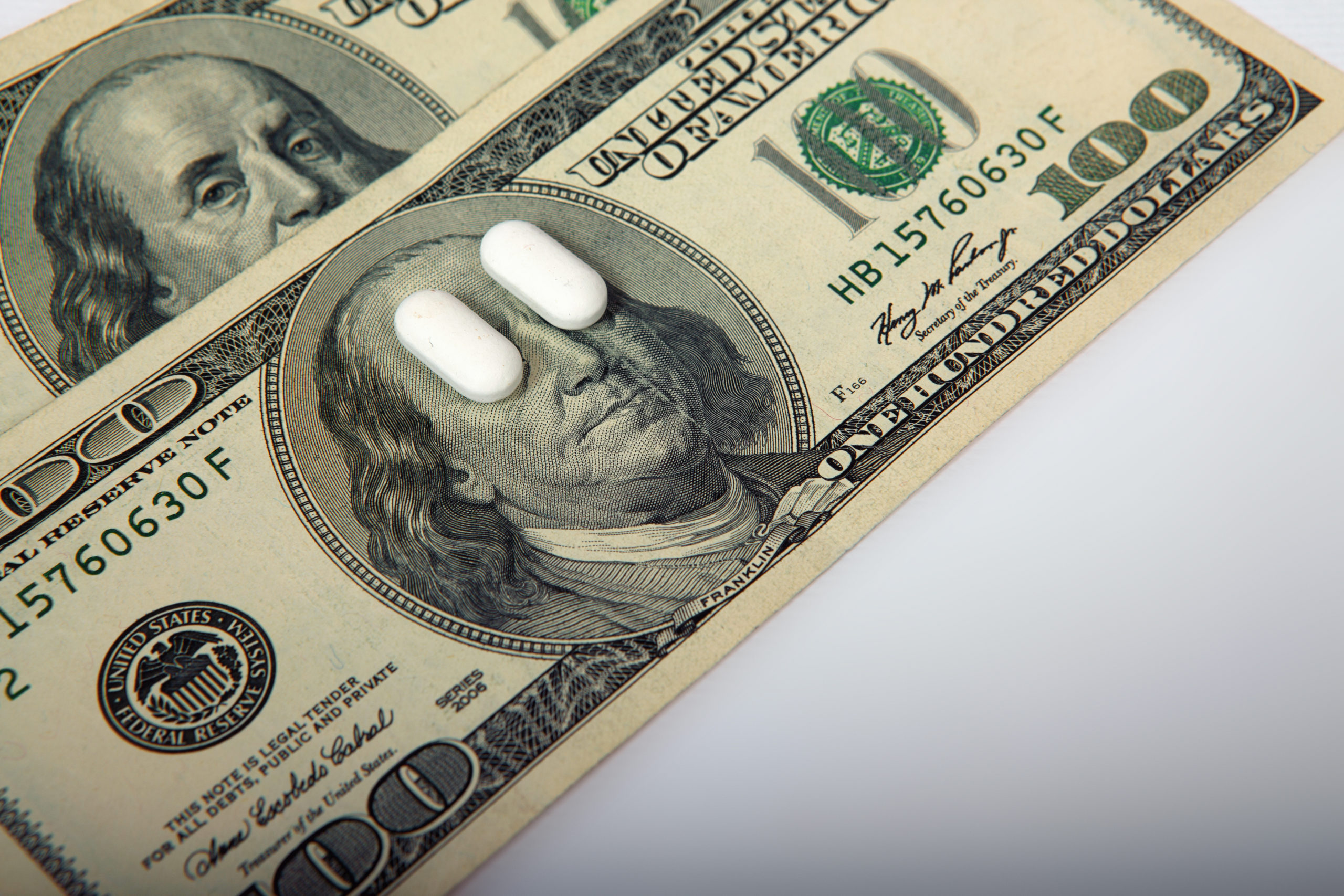
The Dangers of Off Label Promotion in the Pharmaceutical Industry

The largest False Claims Act cases (by far) have involved nationwide scams in the pharmaceutical industry. Many relied on the theory of “off label” promotion.
A drug can be prescribed for any use by a physician. It is supposed to be promoted only for its approved use by the firm marketing the drug. Sometimes that action is married to illegal incentives, which trigger the Anti-Kickback statute and sometimes outright falsehoods have been used to sell prescriptions. When these actions combine for large collections it’s important to remember the reasons we should care about such prescriptions. The reason is patient safety. Using these drugs have consequences.
Reports in the Washington Post and the Kaiser Health Network cite a Yale study showing that post-FDA approved drugs have shown serious health issues after approval.
Among 222 novel therapeutics approved by the FDA from 2001 through 2010, 32% were affected by a post-market safety event. Biologics, psychiatric therapeutics, and accelerated and near–regulatory deadline approval were statistically significantly associated with higher rates of events, highlighting the need for continuous monitoring of the safety of novel therapeutics throughout their life cycle.
The safety and efficacy of a drug approved for a particular use is taken for granted by most of us once the FDA does approve it. Maybe that is part of our complacency. Meantime, there is significant pushback from the industry claiming they have a First Amendment right to promote drugs…But does that right protect commercial speech and more importantly does it allow for promotion of unapproved uses of drugs which when used improperly can cause patient harm?
We take the safety of approved drugs for granted yet here is a study showing even after approval we should be very careful. FDA approval and vigilance is required to continue to monitor drugs.
When whistleblowers expose the truly scary stories of companies marketing their products for uses which are not approved or for which there is no demonstrated efficacy or both, you would think they would be regarded as heroes.
Instead, we are bombarded with self-serving arguments that the First Amendment is designed to protect the right of commerce to foist fake cures on people.
Yes, of course, drugs cure many real diseases and for that, we all should be grateful and as a society we are. You can tell we are because the drug companies who stick to the rules and provide real products can do very well financially in our system. Protecting the fraudulent ones really ought not to be part of the agenda.












